trending topics
market reports
-

Registration Now Open: MEDICAL JAPAN 2026 OSAKA – Western Japan’s Largest Healthcare Trade Show
2026-02-10
-
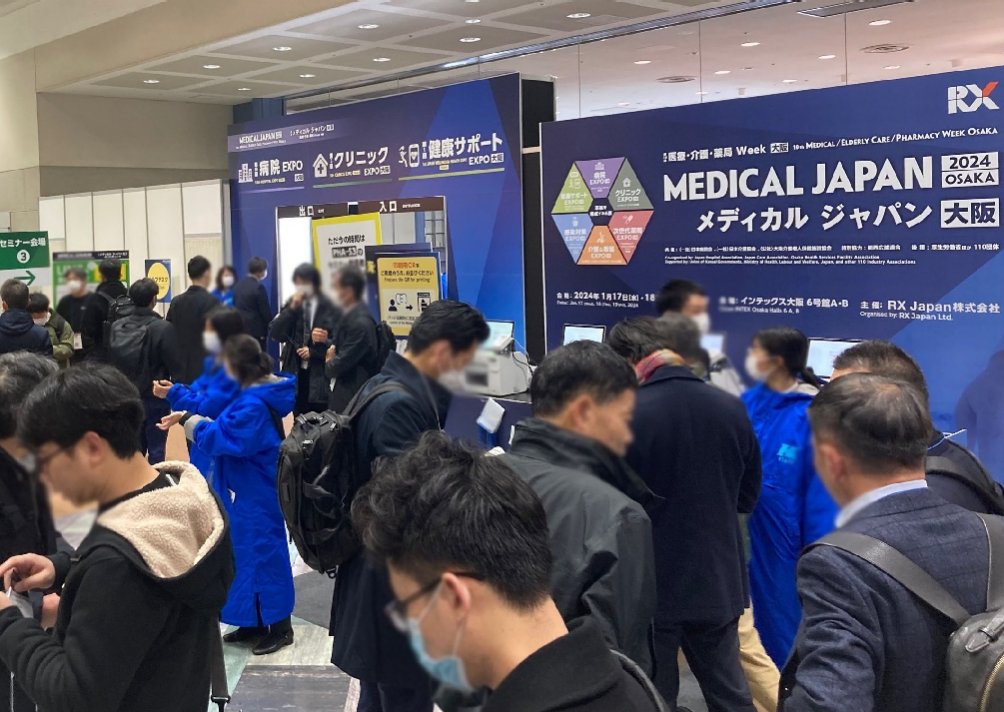
MEDICAL JAPAN 2025 OSAKA Returns to Showcase Global Innovations
2025-02-17
-
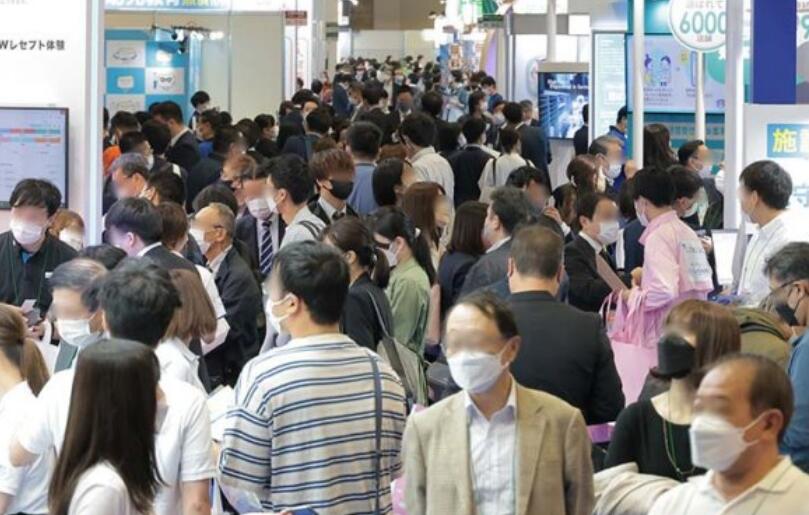
Visit MEDICAL JAPAN 2023 TOKYO and take full advantage of the business opportunities!
2023-09-01
-
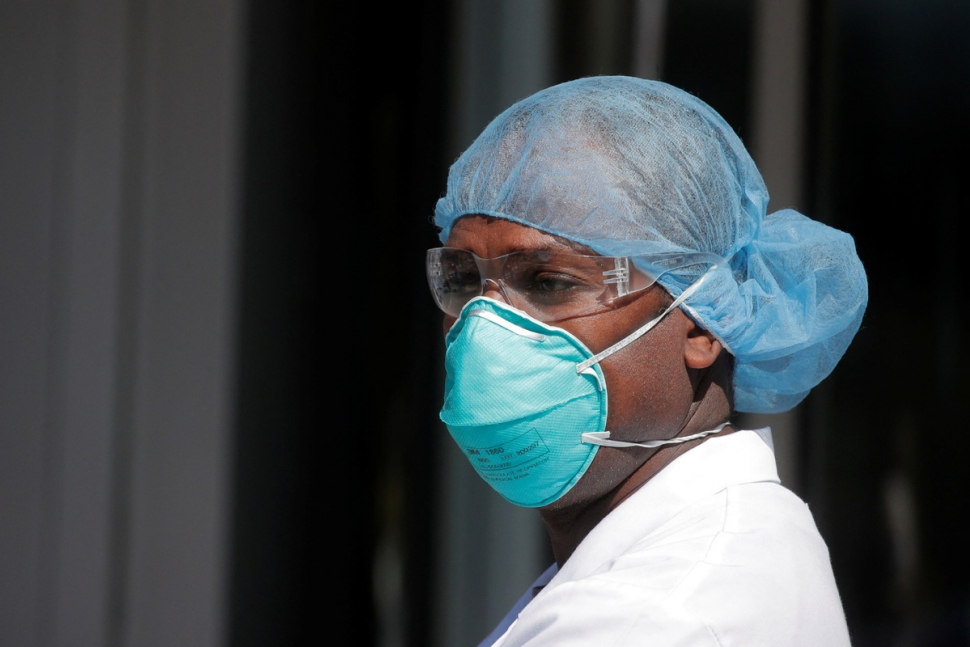
US to distribute 400 million free N95 masks at CVS, Walgreens in COVID fight
2022-01-21
-
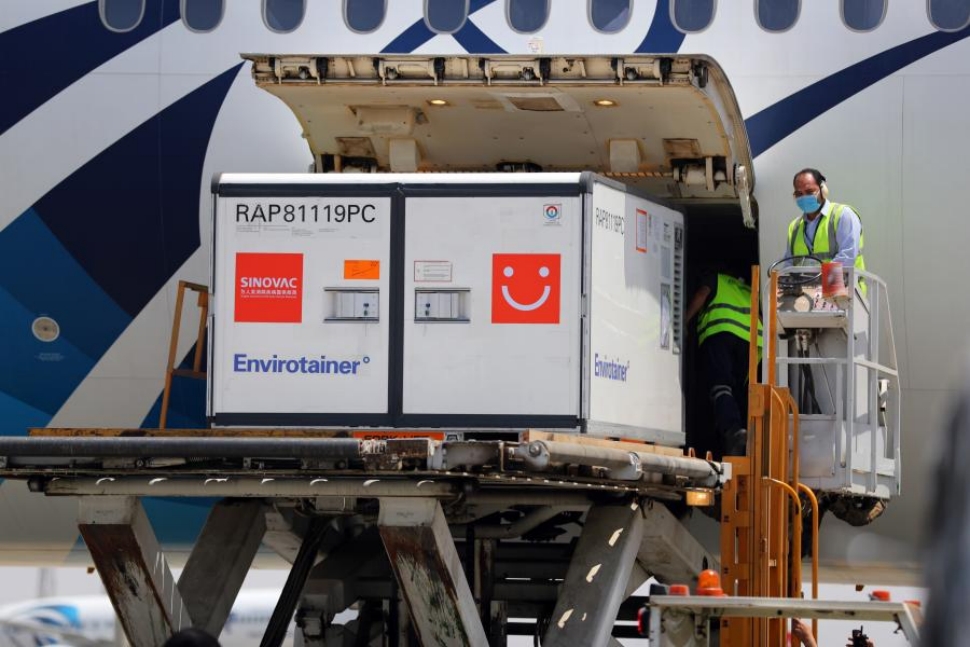
Ethiopia receives additional 2.2 mln doses of Chinese-donated COVID-19 vaccines
2022-01-21
-
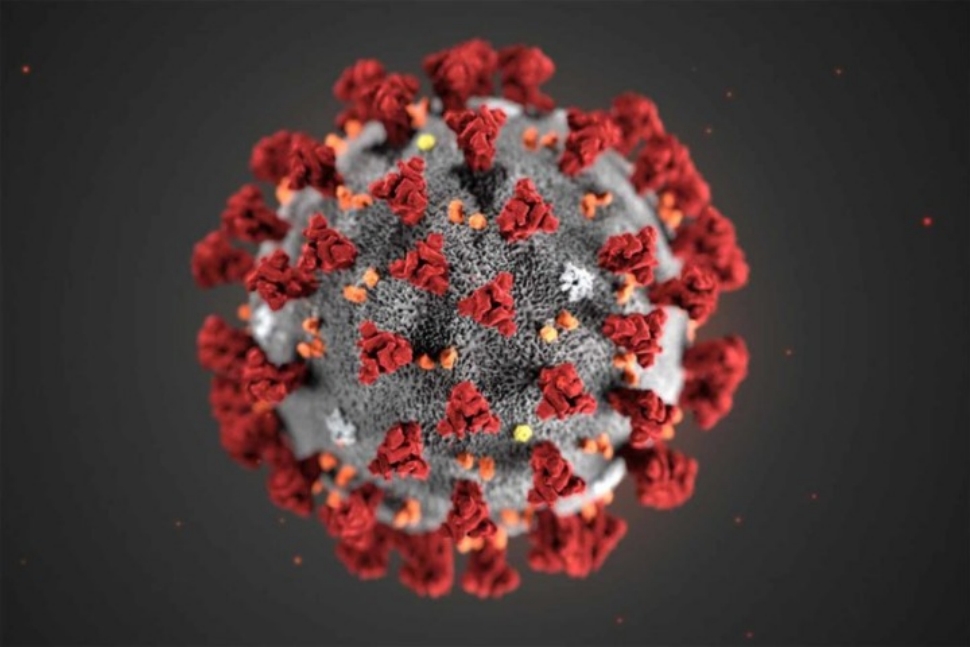
Hong Kong researchers say they develop novel material able to kill COVID-19 virus
2022-01-14
-
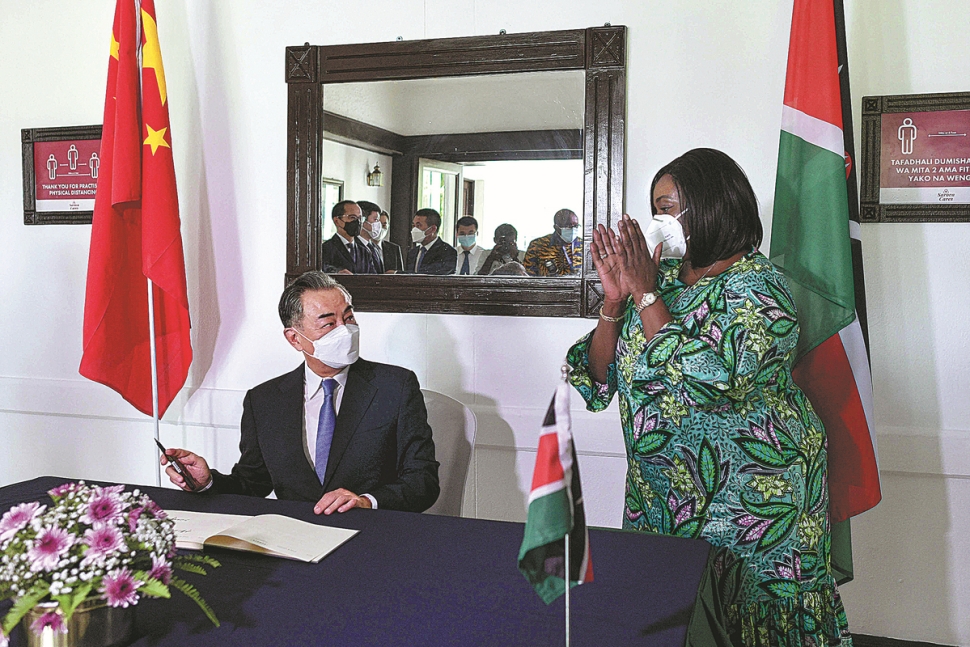
10 million more Chinese doses on way for Kenya
2022-01-14
-
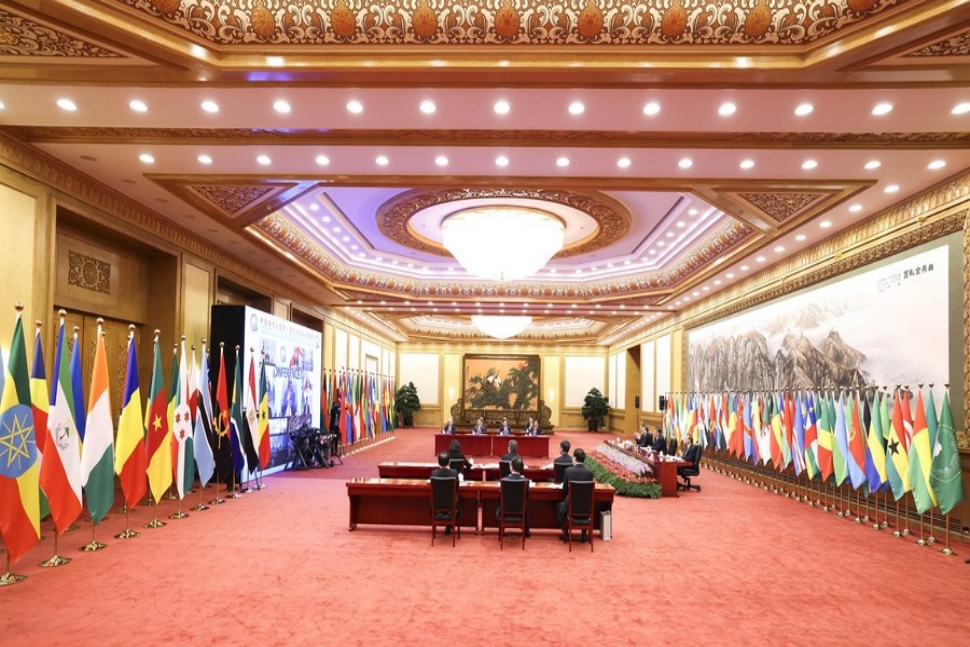
Sino-African ties on track for a brighter future
2022-01-07
-

Efforts urged to boost COVID-19 vaccine production capacity in poor countries
2022-01-07
-
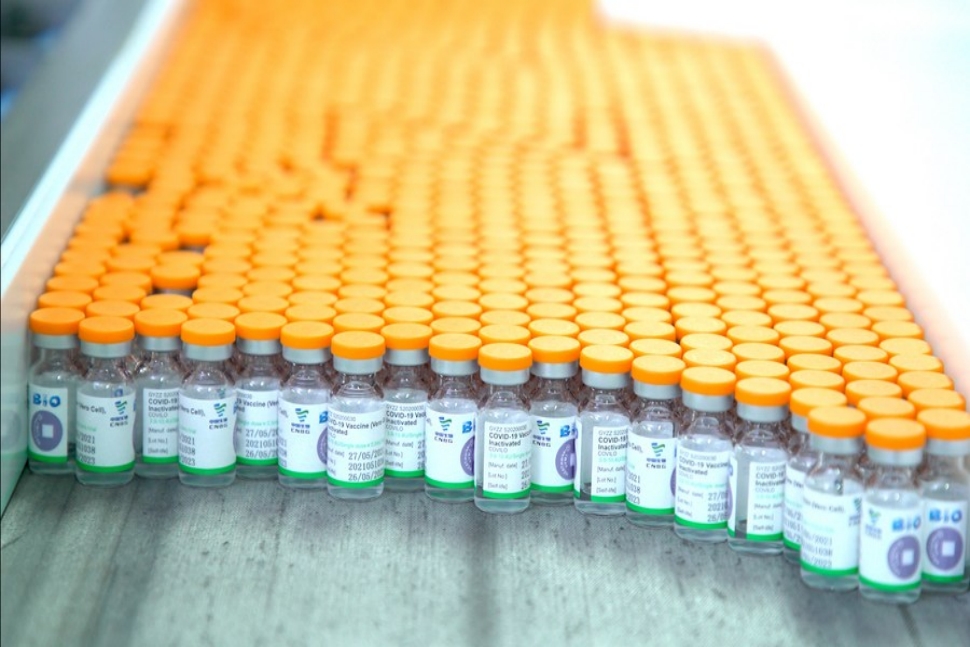
UAE approves Sinopharm's new protein-based COVID-19 vaccine
2022-01-07
COVID-19 herd immunity feasible in China, experts say
2021-04-12

People receive COVID-19 inoculations at a sports center in Nanjing, Jiangsu province, on Friday. The site, the biggest in Nanjing, can administer 10,000 doses a day. LI BO/FOR CHINA DAILY
Stronger effort needed to boost the public's confidence about getting shots
Speeding up COVID-19 vaccinations to reach herd immunity in China will be a challenging but feasible task, health experts have said, calling for stronger efforts to raise public awareness about vaccines and make the inoculation process more convenient and considerate.
Vaccination distribution across the country has been gaining momentum in recent weeks, with nearly 165 million doses administered and daily inoculations exceeding 6 million doses on several occasions, official data showed.
But reaching the estimated herd immunity threshold of 70 to 80 percent is a formidable endeavor and will require innovative and concerted efforts, Gao Fu, director-general of the Chinese Center for Disease Control and Prevention, said during a forum in Chengdu, capital of Sichuan province, on Saturday.
"The mass vaccination drive faces constraints posed by limited inoculation sites and a lack of understanding of the significance and urgency to obtain vaccines, among other factors," he said.
Public health experts have said that the country hopes to vaccinate 40 percent of the population by June or July, and 70 percent by the end of this year or early next year. By early this month, less than 5 percent of the population had been fully vaccinated, according to official data.
Rapid vaccine rollouts in other nations-with Israel, Chile and the United States leading the race-have also put pressure on China, they have said.
Zheng Zhongwei, a National Health Commission official who is head of China's COVID-19 vaccine development task force, said vaccine coverage in China is much lower than that in some other countries.
"One of my biggest concerns is that the public will view inoculations as unnecessary because the epidemic is effectively controlled in the country and we live in a relatively very safe environment," he said.
But subduing the virus' local transmission through non-pharmaceutical measures, such as lockdowns and restricting movement, has caused significant economic losses, Zheng said.

College students at South-Central University for Nationalities in Wuhan, Hubei province, receive COVID-19 inoculations at the campus gymnasium. LI ZIYUN/FOR CHINA DAILY
Vaccination is undoubtedly the optimal approach to reducing virus transmission and achieving the full resumption of work and production, he added.
Zheng said some people are hesitant to get vaccines due to safety concerns, which are unfounded.
"Each of the 150 million-plus doses that is administered in China adds to the growing proof of the outstanding safety record of domestic COVID-19 vaccines," he said.
He added that all approved vaccines are nearly 100 percent effective in preventing severe cases, which is vital to curbing hospitalizations and controlling fresh outbreaks.
Zheng also expressed confidence in securing sufficient vaccine supplies for domestic vaccination campaigns, saying that China's annual manufacturing capacity for COVID-19 vaccines will reach at least 3 billion doses by the end of this year.
"If everyone eligible for COVID-19 vaccines can recognize the need and get vaccinated, we are sure to establish herd immunity as planned," he said.
Feng Luzhao, a public health professor from the Chinese Academy of Medical Sciences & Peking Union Medical College, said the sense of security harbored by many Chinese people is untenable.
"As long as the pandemic has not ended, the risk of seeing new domestic outbreaks triggered by imported cases will not go away," he said. "The recent infection cluster in Ruili, Yunnan province, that was caused by imported infections from Myanmar is a typical example."
While boosting people's willingness to get vaccinated, Feng said it is essential to ensure COVID-19 vaccines are distributed in an orderly and coordinated manner. At the moment, residents in port cities and people who are at higher risk of contracting the virus remain the priority, he added.
"Uneven distribution between regions is possible due to temporary output restraints," he said. "But as the country is scaling up manufacturing rapidly, there is no need for the public to be anxious about supplies in the long term."
Feng also called for launching more flexible, targeted services, such as sending vaccination workers door-to-door, setting up more makeshift or mobile facilities and encouraging hospitals to provide vaccination services.
Local governments are already implementing effective measures to improve efficiency in the vaccination process and confidence in inoculations by means such as surveying residents in advance, encouraging people to make appointments and posting information online, Wu Liangyou, deputy director of the National Health Commission's disease control and prevention bureau, said at a news conference on Sunday.
Zhong Wenwen, a community health worker from Chongqing's Xinqiao neighborhood, said vaccines are usually used within 24 hours of their arrival at the community health service center.
"We often update banners bearing slogans that encourage people to receive vaccines and use platforms both online and offline to spread clear, science-based, easy-to-understand information on vaccines," she said.
(China Daily)



 My Member
My Member Message Center
Message Center











